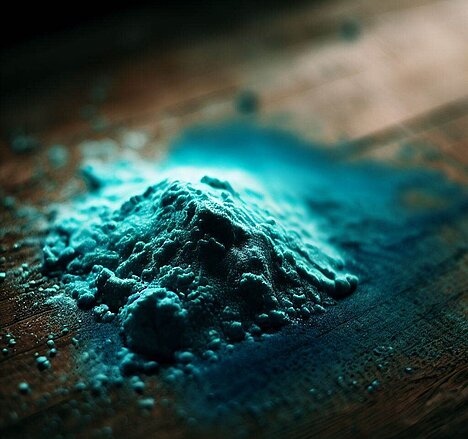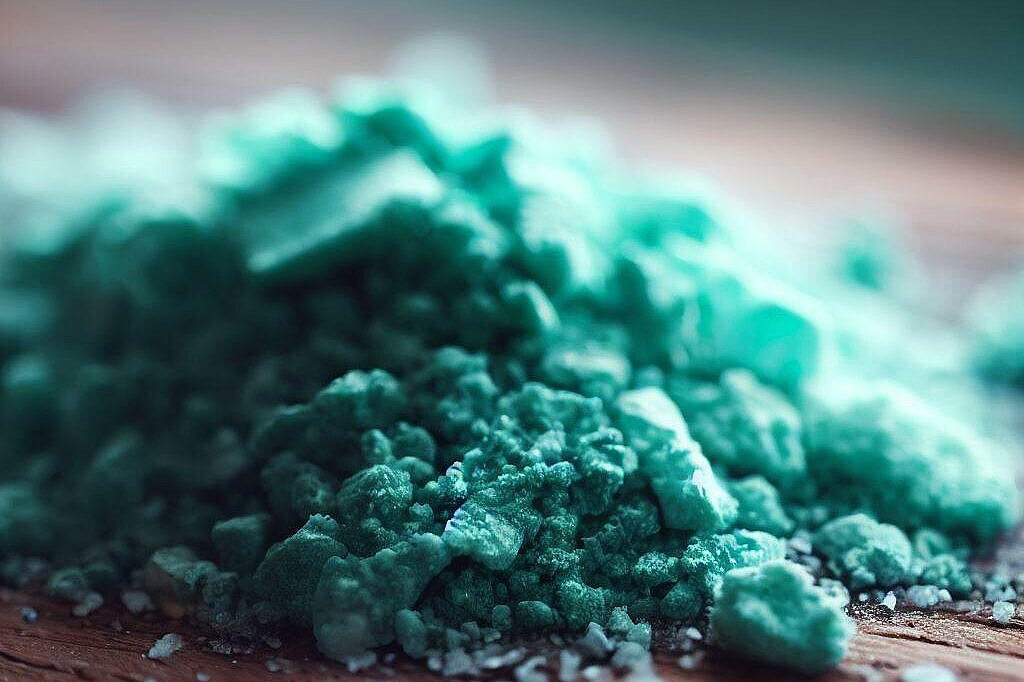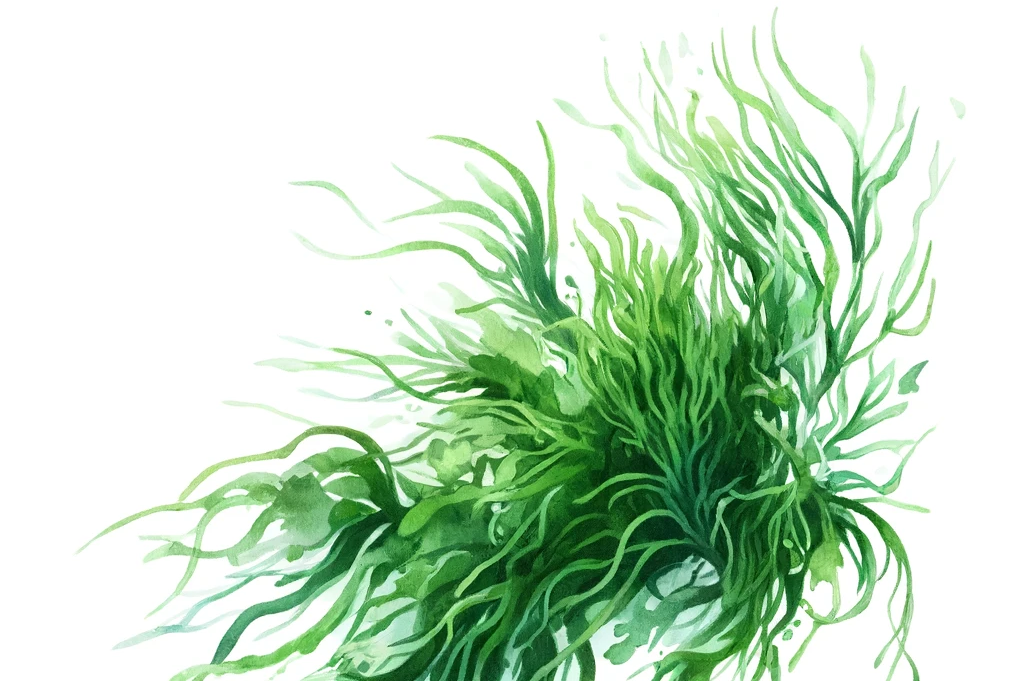Chlorine

But what effect does chlorine have on dogs? Is it harmful or harmless? In this article, you can find out more about the advantages and disadvantages of chlorine for your four-legged friend.
Benefits of chlorine for dogs
Chlorine can have some benefits for dogs when it is present or applied in small amounts. For example
- Chlorine can help clean and disinfect wounds. If your dog has injured himself, you can dab some diluted chlorine on the wound to prevent infection. However, make sure he doesn't lick or swallow the solution.
- Chlorine can make swimming in the pool safer. If you have a pool and let your dog swim in it, adding chlorine will ensure that the water stays clean and free of pathogens. This is particularly important if several dogs use the pool or if your dog is sensitive to dirt.
- Chlorine can make drinking water germ-free. In many cities, some chlorine is added to tap water to protect it from bacteria. As long as the concentration is low, this is also safe for dogs.
Disadvantages of chlorine for dogs
However, chlorine can also have some disadvantages or risks for dogs if it is present or used in high quantities. For example
- Chlorine can cause allergic reactions. Some dogs are more sensitive to chlorine than others and can develop skin rashes, itching or redness. This is especially true for dogs with sensitive skin or existing allergies.
- Chlorine can cause diarrhea and vomiting. If the dog drinks or swallows too much chlorinated water, this can irritate its gastrointestinal tract and lead to digestive problems. This is particularly true of swimming pools with high chlorine concentrations or salt water pools.
- Chlorine can cause eye and ear infections. If your dog frequently swims or bathes in chlorinated water, his eyes and ears can become irritated and inflamed. This is because chlorine destroys the natural protective film on the mucous membranes.
Chlorine is not fundamentally bad for dogs as long as it is present or used in moderate amounts. It even has some positive effects on your dog's health and hygiene.
However, you should always make sure that your dog does not drink or swallow too much chlorinated water and that it is rinsed well after bathing.
If your dog shows signs of intolerance or poisoning (e.g. skin irritation, diarrhea, vomiting, shortness of breath, cramps), you should consult a vet immediately.
If you notice any signs of hypersensitivity or poisoning in your dog, you should see your vet immediately. We are not a substitute for a vet, but we try to be as accurate as possible. Every dog reacts differently and we recommend you get a second opinion or consult your vet if in doubt.
Stay healthy and take good care of your four-legged friend!😊
Similar to Chlorine
Chloride occurs in nature mainly as a component of salts, for example as sodium chloride (table salt) or potassium chloride. These salts are contained in many foods that you feed your dog or that he...
Chlorophyll is a chemical compound consisting of carbon, hydrogen, oxygen and nitrogen. There are different types of chlorophyll, which differ in their structure and color. The best known is...
Calcium chloride is a salt that consists of two parts chlorine and one part calcium. It is a white, crystalline powder that dissolves easily in water. Calcium chloride has various properties that...
There are many different types of algae that you can give your dog as a dietary supplement. They can bring many benefits to your dog, for example: Spirulina algae is one of the best known and most...



